Morning Slide
Afternoon Slide















































The world is a psychedelic lab
Per analogiam, neuronal microstructures resemble societal infrastructural macro structures.
According to the Hermetic dictum:
"Quod est superius est sicut quod inferius, et quod inferius est sicut quod est superius."
Transl.: " That which is above is like to that which is below, and that which is below is like to that which is above."
According to the Hermetic dictum:
"Quod est superius est sicut quod inferius, et quod inferius est sicut quod est superius."
Transl.: " That which is above is like to that which is below, and that which is below is like to that which is above."
Evening Slide










































Krebs, T. S., & Johansen, P.-Ø.. (2013). Psychedelics and Mental Health: A Population Study. PLoS ONE, 8(8), e63972.
Plain numerical DOI: 10.1371/journal.pone.0063972
DOI URL
directSciHub download
Show/hide publication abstract
“The classical serotonergic psychedelics lsd, psilocybin, mescaline are not known to cause brain damage and are regarded as non-addictive. clinical studies do not suggest that psychedelics cause long-term mental health problems. psychedelics have been used in the americas for thousands of years. over 30 million people currently living in the us have used lsd, psilocybin, or mescaline. to evaluate the association between the lifetime use of psychedelics and current mental health in the adult population. data drawn from years 2001 to 2004 of the national survey on drug use and health consisted of 130,152 respondents, randomly selected to be representative of the adult population in the united states. standardized screening measures for past year mental health included serious psychological distress (k6 scale), mental health treatment (inpatient, outpatient, medication, needed but did not receive), symptoms of eight psychiatric disorders (panic disorder, major depressive episode, mania, social phobia, general anxiety disorder, agoraphobia, posttraumatic stress disorder, and non-affective psychosis), and seven specific symptoms of non-affective psychosis. we calculated weighted odds ratios by multivariate logistic regression controlling for a range of sociodemographic variables, use of illicit drugs, risk taking behavior, and exposure to traumatic events. 21,967 respondents (13.4% weighted) reported lifetime psychedelic use. there were no significant associations between lifetime use of any psychedelics, lifetime use of specific psychedelics (lsd, psilocybin, mescaline, peyote), or past year use of lsd and increased rate of any of the mental health outcomes. rather, in several cases psychedelic use was associated with lower rate of mental health problems. we did not find use of psychedelics to be an independent risk factor for mental health problems.”
Mans, K., Kettner, H., Erritzoe, D., Haijen, E. C. H. M., Kaelen, M., & Carhart-Harris, R. L.. (2021). Sustained, Multifaceted Improvements in Mental Well-Being Following Psychedelic Experiences in a Prospective Opportunity Sample. Frontiers in Psychiatry, 12
Plain numerical DOI: 10.3389/fpsyt.2021.647909
DOI URL
directSciHub download
Show/hide publication abstract
“In the last 15 years, psychedelic substances, such as lsd and psilocybin, have regained legitimacy in clinical research. in the general population as well as across various psychiatric populations, mental well-being has been found to significantly improve after a psychedelic experience. mental well-being has large socioeconomic relevance, but it is a complex, multifaceted construct. in this naturalistic observational study, a comprehensive approach was taken to assessing well-being before and after a taking a psychedelic compound to induce a ‘psychedelic experience.’ fourteen measures of well-being related constructs were included in order to examine the breadth and specificity of change in well-being. this change was then analysed to examine clusters of measures changing together. survey data was collected from volunteers that intended to take a psychedelic. four key time points were analysed: 1 week before and 2 weeks, 4 weeks, and 2 years after the experience ( n = 654, n = 315, n = 212, and n = 64, respectively). change on the included measures was found to cluster into three factors which we labelled: 1) ‘being well’, 2) ‘staying well,’ and 3) ‘spirituality.’ repeated measures multivariate analysis of variance revealed all but the spirituality factor to be improved in the weeks following the psychedelic experience. additional mixed model analyses revealed selective increases in being well and staying well (but not spirituality ) that remained statistically significant up to 2 years post-experience, albeit with high attrition rates. post-hoc examination suggested that attrition was not due to differential acute experiences or mental-health changes in those who dropped out vs. those who did not. these findings suggest that psychedelics can have a broad, robust and sustained positive impact on mental well-being in those that have a prior intention to use a psychedelic compound. public policy implications are discussed.”
Forstmann, M., & Sagioglou, C.. (2017). Lifetime experience with (classic) psychedelics predicts pro-environmental behavior through an increase in nature relatedness. Journal of Psychopharmacology, 31(8), 975–988.
Plain numerical DOI: 10.1177/0269881117714049
DOI URL
directSciHub download
Show/hide publication abstract
“In a large-scale ( n = 1487) general population online study, we investigated the relationship between past experience with classic psychedelic substances (e.g. lsd, psilocybin, mescaline), nature relatedness, and ecological behavior (e.g. saving water, recycling). using structural equation modeling we found that experience with classic psychedelics uniquely predicted self-reported engagement in pro-environmental behaviors, and that this relationship was statistically explained by people’s degree of self-identification with nature. our model controlled for experiences with other classes of psychoactive substances (cannabis, dissociatives, empathogens, popular legal drugs) as well as common personality traits that usually predict drug consumption and/or nature relatedness (openness to experience, conscientiousness, conservatism). although correlational in nature, results suggest that lifetime experience with psychedelics in particular may indeed contribute to people’s pro-environmental behavior by changing their self-construal in terms of an incorporation of the natural world, regardless of core personality traits or general propensity to consume mind-altering substances. thereby, the present research adds to the contemporary literature on the beneficial effects of psychedelic substance use on mental wellbeing, hinting at a novel area for future research investigating their potentially positive effects on a societal level. limitations of the present research and future directions are discussed.”
Cavanna, F., Pallavicini, C., Milano, V., Cuiule, J., Di Tella, R., González, P., & Tagliazucchi, E.. (2021). Lifetime use of psychedelics is associated with better mental health indicators during the COVID-19 pandemic. Journal of Psychedelic Studies
Plain numerical DOI: 10.1556/2054.2021.00172
DOI URL
directSciHub download
Show/hide publication abstract
“2 fundaci on para la lucha contra las enfermedades neurol ogicas de la infancia (fleni), abstract background and aims: the covid-19 pandemic and its consequences represent a major challenge to the mental health and well-being of the general population. building on previous work on the potential long-term benefits of psychedelics, we hypothesized that lifetime use of these drugs could be linked to better mental health indicators in the context of the ongoing pandemic. methods: two anonymous online surveys were conducted between april and june 2020, including questions about lifetime experience with psychedelics and other psychoactive drugs, and psychometric scales designed to measure personality traits, anxiety, negative, and positive affect, well-being, and resilience. principal component analysis was applied to divide the sample into groups of subjects based on their drug use reports. results: five thousand six hundred eighteen participants (29.15 ± 0.12 years, 71.97% female) completed both surveys and met the inclusion criteria, with 32.43% of the sample reporting at least one use of a psychedelic drug. preliminary analyses showed that certain psychedelics were linked to improved mental health indicators, while other psychoactive drugs exhibited the opposite behavior. lifetime psychedelic use was linked to increased openness and decreased conscientiousness, and to higher scores of positive affect. the reported number of past psychedelic experiences predicted higher scores of the secondary personality trait beta factor, which has been interpreted as a measure of plasticity. no significant associations between lifetime use of psychedelics and indicators of impaired mental health were observed. conclusion: we did not find evidence of an association between lifetime use of psychedelics and poor mental health indicators. conversely, experience with psychedelic drugs was linked to increased positive affect and to personality traits that favor resilience and stability in the light of the ongoing crisis.”
1. Krebs, T. S. & Johansen, P.-Ø. Psychedelics and Mental Health: A Population Study. PLoS One 8, e63972 (2013).
2. Mans, K. et al. Sustained, Multifaceted Improvements in Mental Well-Being Following Psychedelic Experiences in a Prospective Opportunity Sample. Front. Psychiatry 12, (2021).
3. Forstmann, M. & Sagioglou, C. Lifetime experience with (classic) psychedelics predicts pro-environmental behavior through an increase in nature relatedness. J. Psychopharmacol. 31, 975–988 (2017).
4. Cavanna, F. et al. Lifetime use of psychedelics is associated with better mental health indicators during the COVID-19 pandemic. J. Psychedelic Stud. (2021).










































